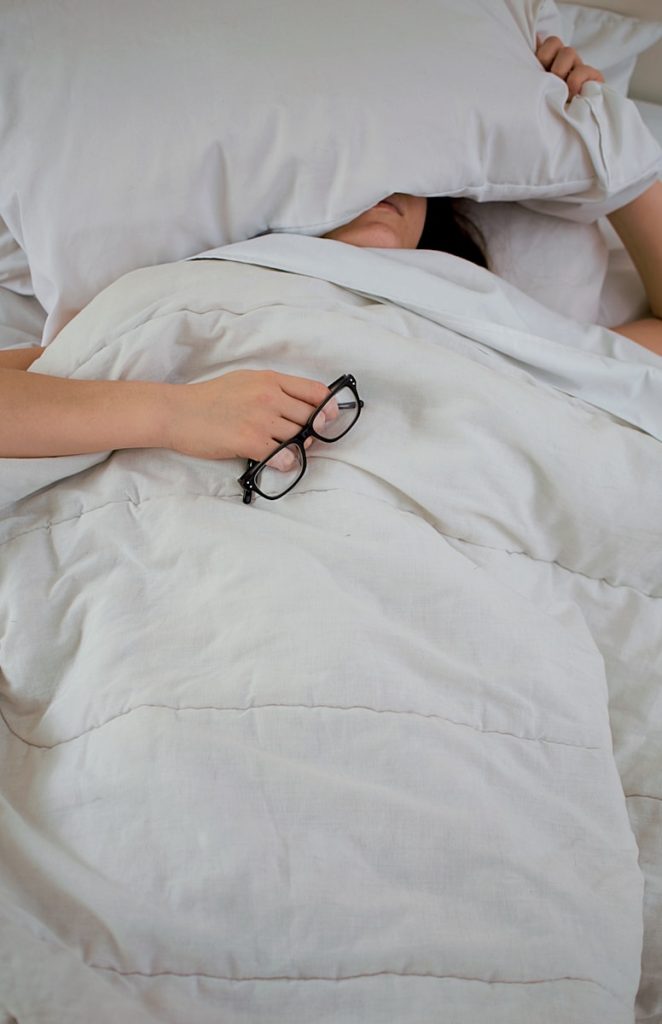As winter’s chill envelops us, many find themselves struggling to get out of bed in the mornings. In response to this seasonal challenge, Furniture Village has teamed up with Dr Ranj, their Sleep Ambassador, to shed light on why winter can intensify feelings of tiredness and to provide actionable strategies to help combat this common issue.
Why Winter Makes Us Feel More Tired
Winter’s shorter days and diminished sunlight have a substantial impact on our energy levels. Dr Ranj explains, “As the days grow shorter and the sun sets earlier, we experience less exposure to natural light. This decrease in sunlight can disrupt our circadian rhythm, the internal clock that regulates sleep-wake cycles, leading to an increase in melatonin production. Melatonin is the hormone responsible for signalling to our body that it’s time to sleep.”
Vitamin D, essential for regulating mood and energy levels, is also less available during the winter months due to reduced sunlight. Dr Ranj adds, “A lack of sufficient sunlight results in lower vitamin D levels, which can contribute to increased feelings of fatigue and may even affect our mood negatively, making us more susceptible to illnesses.”
Tips to Boost Winter Energy Levels
To help manage winter fatigue, Dr Ranj offers several practical tips to enhance your energy levels during the colder months:
1. Optimise Your Bedding for Year-Round Comfort
Ensuring your bed is well-suited to your needs throughout the year is crucial for maintaining good sleep quality. Dr Ranj notes, “Everyone has different sleep needs. It’s important to select a mattress that offers the right support based on your sleeping position and a duvet that keeps you comfortable throughout the night. An unsuitable bed can disrupt your sleep, so investing in bedding that provides year-round comfort can significantly impact your overall energy levels. High-quality sleep not only helps in reducing stress but also boosts the immune system.”
2. Incorporate Regular Exercise
Engaging in regular physical activity is vital for maintaining energy levels and improving sleep quality. Dr Ranj advises, “Exercise stimulates the release of endorphins, which are hormones that improve mood and reduce stress, leading to better sleep and increased energy for the next day. While winter might make it tempting to skip workouts, staying active is crucial. Whether you exercise outdoors or adapt to indoor workouts when the weather is unfavourable, the key is to maintain a routine. Just be cautious to avoid vigorous exercise close to bedtime, as it could interfere with your sleep.”
3. Follow a Comprehensive 24-Hour Sleep Guide
By adopting Dr Ranj’s expert tips and optimising your sleep environment, you can better manage winter’s challenges and improve your overall energy levels.
